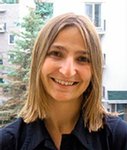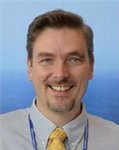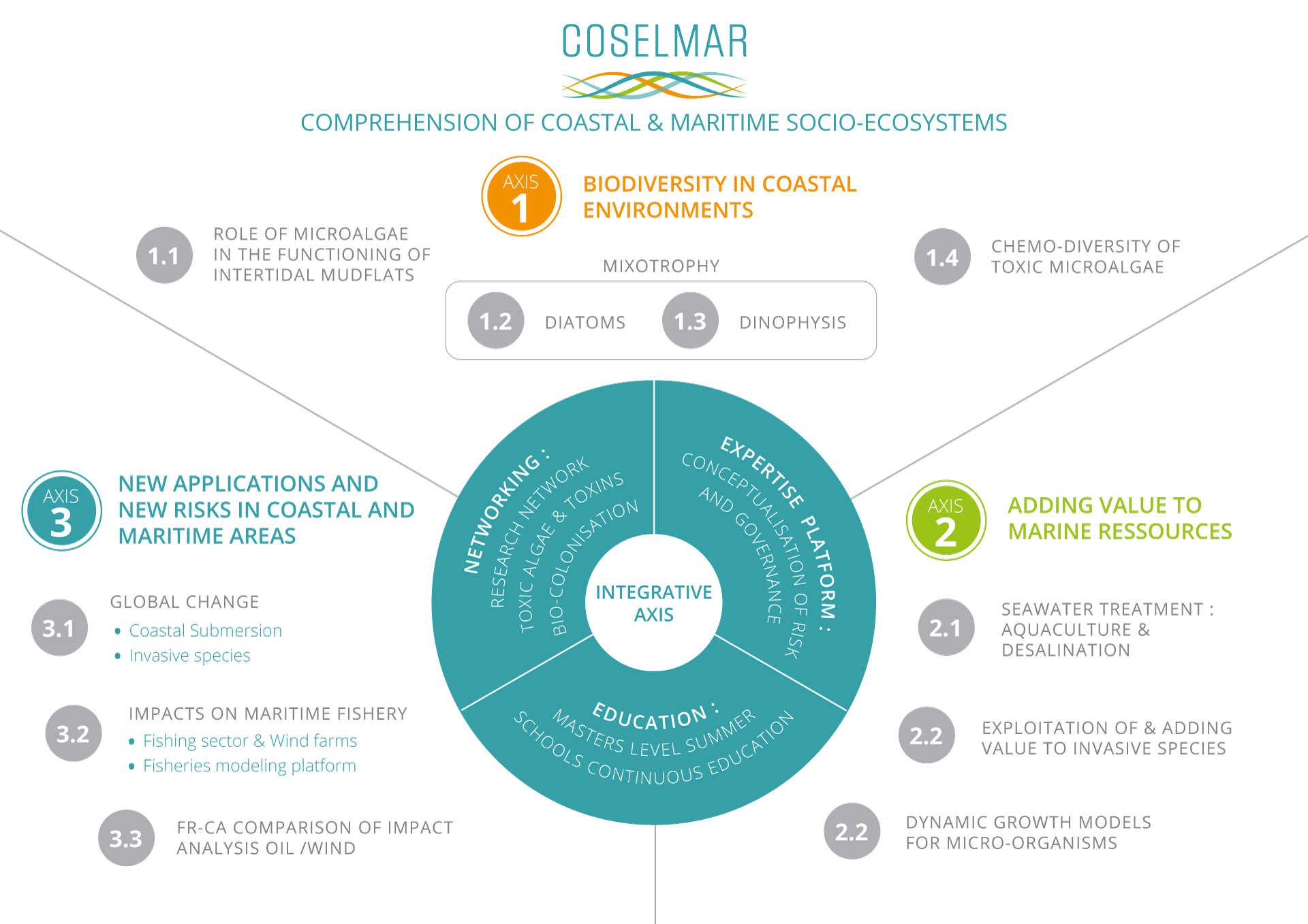COSELMAR briefly...
Summary
COSELMAR, a 4-year project financed by the Région des Pays de la Loire at 2.1 M€, officially started on the 7th January 2013. The project is coordinated by Philipp Hess (IFREMER) and Sophie Pardo (Université de Nantes-LEMNA) and falls under the Federation for Research Institut Universitaire Mer et Littoral (IUML, FR CNRS 3473)*. COSELMAR has also been approved by the Scientific Council of the MSH Ange Guépin.
Sophie Pardo Philipp Hess
Scientific coordinator for the Université de Nantes Scientific Coordinator for IFREMER
COSELMAR is a research project uniting 5 research units of IFREMER and 11 laboratories of the Université de Nantes, along with academic partners, and national and international industries. The aim is to achieve a better understanding of the marine and coastal ecosystems and the associated resources. The project will also provide insights into risk management and prevention of natural events and anthropogenic impacts.
COSELMAR’s main objective is to integrate and promote the interdisciplinary scientific work concerning the issues above in order to build a real expertise on potential risks of coastal and marine zones.
The project is divided into 3 axes of research and 1 integrated axis:
- Axis 1: Biodiversity and coastal environment
- Axis 2: Exploitation of and adding value to marine resources
- Axis 3: New risks and new use of maritime and coastal spaces
- Integrated Axis: Platform of expertise on the risks of coastal and marine zones, networking (creation of a research group on toxic algae) and training (including 2 summer schools)
* The Federation for research CNRS_3473 IUML (Institut de la Mer et du Littoral) works on 4 research themes: biodiversity and coastal environment - exploitation of and adding value to marine resources - marine systems, structures and geomaterials and change - conflicts and governance of maritime zones.
Its aim is to provide the framework for training and marine research in Nantes/ St-Nazaire, to share know-how, skills and equipments and to develop interdisciplinary projects. 17 units of research (UN, IFREMER, CNRS) and 435 researchers, engineers, doctorates and post-doctorates are involved in the Federation.


